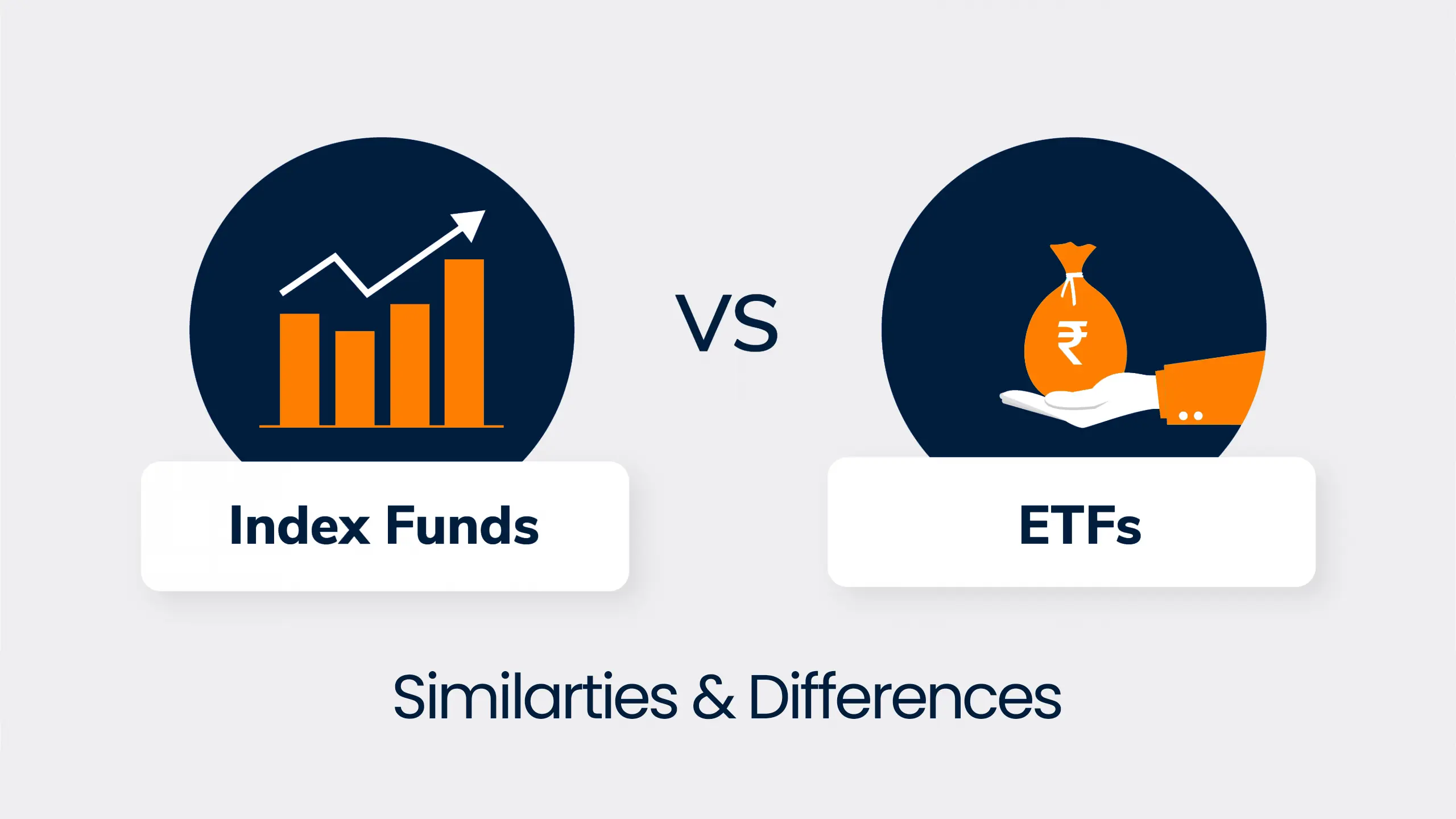If you are a beginner investor and considering investing in either an index fund or an ETF, great job! You’re on the right track.
Well done for picking a sensible passive investing vehicle as the means for growing your wealth. This is half the battle (the other half is picking a low-cost, diversified index fund/ETF).
Understanding the difference between an index fund and ETF is a common query for a beginner investors looking to dip their toes into the world of financial markets. The good news is this:
You can’t go wrong with either an Index Fund or an ETF.
For you, the main difference to care about is a simple one. What is the minimum amount I can invest?
Index funds tend to have higher minimums than ETFs.
We usually recommend the Vanguard Total World Stock Index Fund (VTWAX) to newbie investors, but this has a $3,000 minimum, which can be too high for those just starting out.
Luckily, there is an ETF equivalent called Vanguard Total World Stock ETF (VT) which does not have such a high minimum to get started – just $1 is needed.
An ETF is essentially a cousin of index funds, it will get you the same thing.
In fact, when I just started out, I used an ETF to invest my money for that very reason – I couldn’t meet the higher minimum. I since transitioned to the index fund as it allows automatic investing, which is really great.
Let’s explore the products in detail now, before comparing their similarities and differences.
Understanding Index Funds
What Are Index Funds?
An index fund is a type of mutual fund that aims to replicate the performance of a specific market index, such as the S&P 500. Imagine it as a basket of stocks that mirror the companies listed in that particular index.
How Do Index Funds Work?
Here’s a simple analogy: Suppose you want a piece of every company in a town’s mall, and you buy one share of each store. When the mall’s overall value goes up, so does the value of your combined shares. Index funds work similarly. They invest in a diversified portfolio of stocks that mimic the index’s performance.
Understanding ETFs
What Are ETFs?
ETF stands for “exchange-traded fund.” Unlike mutual funds, ETFs are traded on stock exchanges, just like individual stocks. ETFs also aim to track the performance of a specific index or asset class, but they come with some unique characteristics.
How Do ETFs Work?
Another simple explanation to start: Think of ETFs as mini-portfolios that you can buy and sell throughout the trading day, much like you’d trade individual stocks. The price of an ETF share fluctuates based on market supply and demand.
The Similarities and Differences: Index Funds vs. ETFs
Here’s a handy table summarizing the key similarities and differences between index funds and ETFs:
| Feature | Index Funds | ETFs |
|---|---|---|
| Structure | Mutual funds managed by an investment company | Traded on stock exchanges |
| Trading | Once a day at NAV price | Throughout the trading day at market prices |
| Costs | Typically have competitive expense ratios | Competitive expense ratios; may have trading commissions |
| Tax Efficiency | Can be tax-efficient, but may distribute capital gains | Generally tax-efficient, minimize capital gains distributions |
| Minimum Investments | Some may have minimum investment requirements | Typically no minimum investment requirements |
| Intraday Pricing | NAV-based pricing | Market-based pricing |
| Redemption | Investors redeem with the fund company at NAV | Investors can sell shares on the stock market |
Choosing the Right Option
When deciding between index funds and ETFs, consider your investment goals, risk tolerance, and trading preferences. Here are some tips to help you choose the right option:
- Index Funds: Ideal for long-term, buy-and-hold investors who prefer a hands-off approach. These are excellent choices for retirement accounts, like 401(k)s and IRAs.
- ETFs: Suited for investors who want intraday trading flexibility, advanced strategies, or a cost-effective way to gain exposure to various asset classes.
As you gain experience and confidence, you can even mix and match these investments within your portfolio to create a well-rounded strategy that aligns with your financial objectives.
The difference in cost for someone wanting to buy-and-hold is usually negligible, so it really does not play a significant factor for the passive investor.
Both index funds and ETFs offer beginner investors excellent opportunities to build diversified portfolios. By understanding their differences and considering your own preferences, you can make informed decisions that will set you on the path toward financial success.
Remember, investing is a journey, and it’s essential to start somewhere.
Happy investing!






